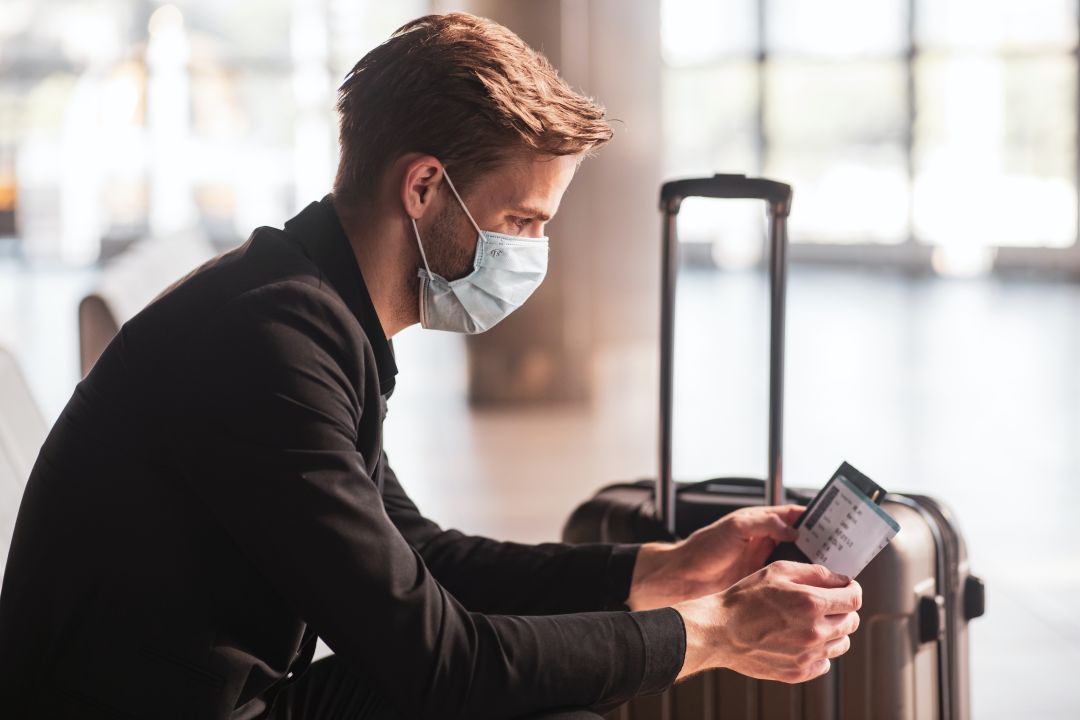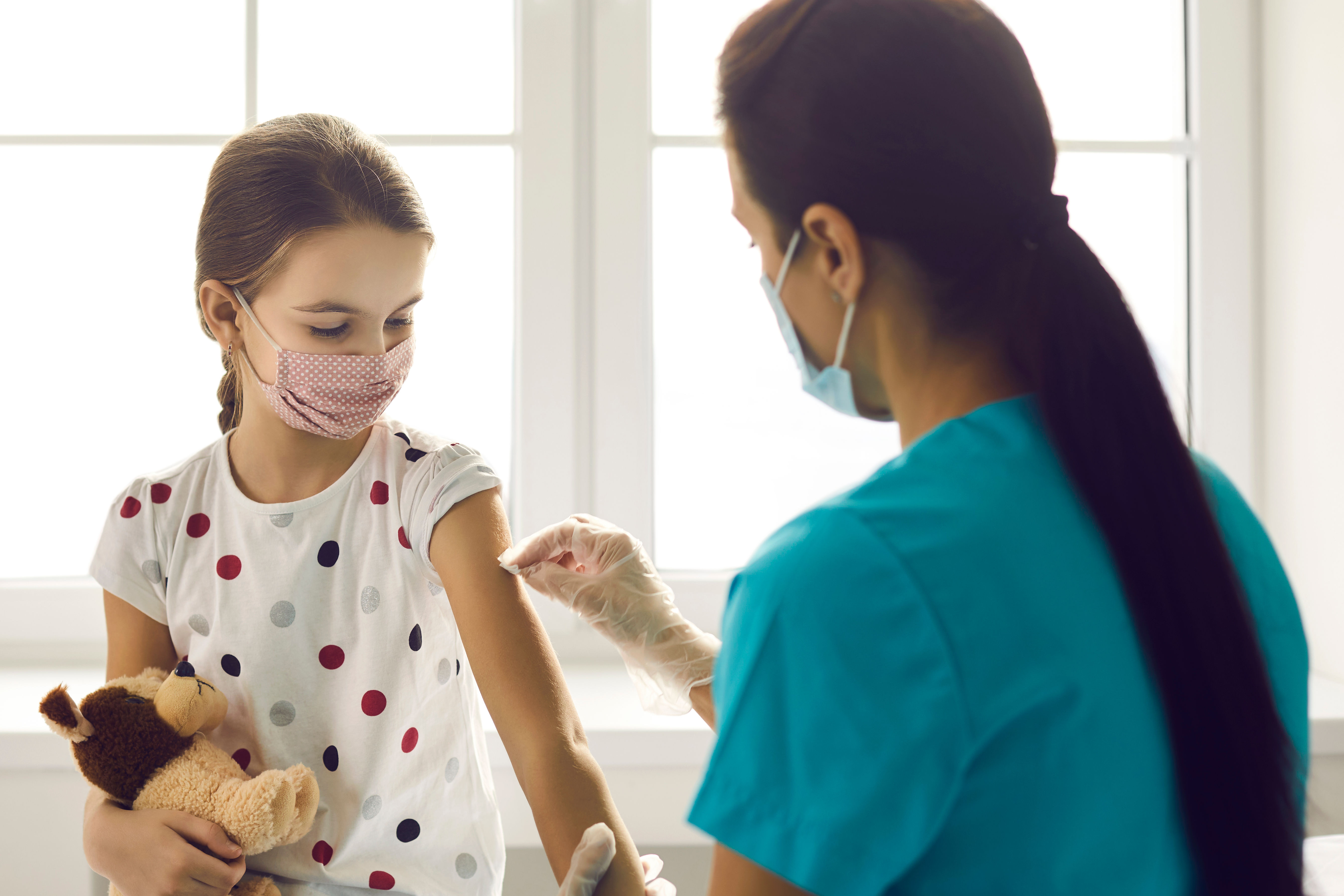Updated: Here's What We Know So Far About the Covid-19 Omicron Variant

The U.S. has joined other countries around the world in restricting travel from several countries in the face of the Covid Omicron variant.
Updated 12/2: The first Omicron variant case was reported in California on Wednesday, December 1. The patient is in quarantine. Another Omicron case has been detected today, in a Minnesota resident traveling from New York City.
Yet another Covid-19 variant has made itself known. This one is called Omicron, and experts have yet to determine how contagious it will be.
Omicron was discovered in early November by South African doctors testing Covid-positive patients. On Friday, Nov. 26, the World Health Organization classified Omicron as a variant of concern. Now, the variant accounts for the majority of positive cases in major South African provinces. It has also been reported in other countries throughout Europe and in Ontario, Canada.
Top infectious disease official Dr. Anthony Fauci says that Omicron will inevitably reach the United States. But how greatly it will impact us, and whether current vaccination protocol will stand against it, is up in the air.
We do know, however, that Omicron cases have been "mild to moderate" in severity so far, South African virologist Barry Schoub told The New York Times. Dr. Rudy Mathivha, an intensive care unit doctor in Soweto, South Africa, has also found the majority of Omicron cases were concentrated in unvaccinated or partially vaccinated patients.
Omicron's transmissiblity is another factor that the World Health Organization is currently studying. So far, scientists don't know if Omicron will be more contagious than Delta, and to date, there is no information suggesting Omicron's symptoms are different than past variants (cases so far have been "mild to moderate," according to South African doctors). According to the World Health Organization, understanding Omicron's level of severity will take "days to several weeks."
More than 40 countries have implemented travel bans or restrictions to and from Africa to slow the spread, including the U.S., which is restricting travel from eight nations, including South Africa. In preparation, Moderna and Pfizer have also begun plans for vaccines specifically targeting Omicron. And in an address to the nation this morning, President Biden called Omicron a cause for concern, not a cause for panic" and said that "we’re throwing everything we have at this virus, tracking it from every angle."
So what can we in Sarasota-Manatee do to keep ourselves healthy?
The best plan of action is vaccination. Covid-19 vaccinations are still free and available at most local pharmacies and health department locations, including for children age 5-11. (For a list of locations, click here). Booster shots are also recommended for anyone age 18 and older. Social distancing and mask-wearing in highly populated areas can also help protect yourself and others.
In a Facebook post on Sunday, Sarasota Memorial Hospital's infectious disease specialist Dr. Manuel Gordillo said, "vaccination will continue to be our main strategy in the foreseeable future."
He also advises all eligible adults to get their booster shot if they haven't already. "The best time to do it is during a break between surges," he adds.
"This new variant must be taken seriously, but it is not apocalyptic," says Gordillo. "Stay calm and stay informed with good resources."
Stay tuned for updates on Omicron's spread and its effect on Sarasota-Manatee.



